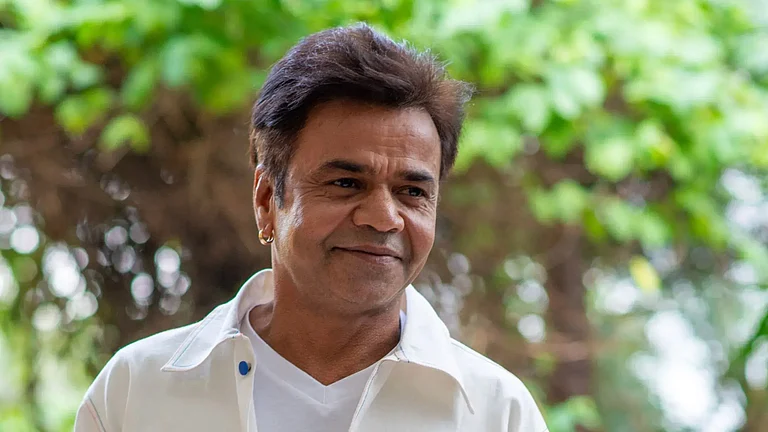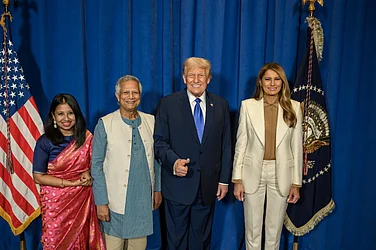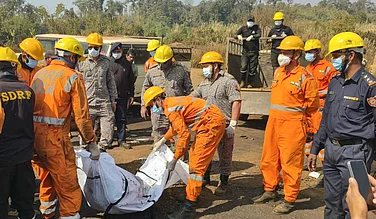Former US Secretary of State Henry Kissinger, a figure celebrated for diplomatic brilliance and condemned for his decisions that cost many lives, has died at the age of 100.
The German-born diplomat died at his residence in Connecticut, according to a statement released Wednesday night by Kissinger Associates, the policy consultancy he founded. The cause of death was not disclosed in the statement.
Kissinger held key roles under two Republican presidents, Richard Nixon and Gerald Ford, serving as both national security adviser and secretary of state from 1969 to 1977. His diplomatic efforts, marked by shuttle diplomacy, played a pivotal role in the U.S. opening to China, significant arms control negotiations with the Soviet Union, improved relations between Israel and its Arab neighbours, and the Paris Peace Accords with North Vietnam.
While Kissinger received praise for his diplomatic achievements, his actions in countries like Cambodia, Laos, Vietnam, Chile, Bangladesh, and Argentina drew sharp criticism. Many labelled him a war criminal, particularly for supporting anti-communist dictatorships in Latin America.
The Nobel Prize Controversy:
The 1973 Nobel Peace Prize awarded to Kissinger and North Vietnam's Le Duc Tho remains a point of contention. Recognizing their efforts in the Paris peace talks, the award aimed to arrange the withdrawal of U.S. troops, establish a ceasefire, and preserve the South Vietnamese government.
However, the decision triggered resignations from two Nobel committee members, and Le Duc Tho declined the prize, asserting that their work had not yet achieved peace.
Musician Tom Lehrer famously said: "Political satire became obsolete when Henry Kissinger was awarded the Nobel Peace Prize."
Early Life:
He was born in 1923 in Furth, Germany, to devout Jewish middle-class parents. The Nazi era brought hardships for Kissinger and his friends, who were subjected to regular harassment and beatings by Hitler Youth gangs. The culmination of these difficulties prompted the family's decisive action. On August 20, 1938, when Kissinger was 15, they fled Germany to escape further persecution under the Nazi regime.
Although Kissinger assimilated quickly into American culture, he never lost his pronounced German accent, due to childhood shyness that made him hesitant to speak. He served in the US Army in Germany and saw combat during the decisive and brutal Battle of the Bulge. As a native German speaker, he was assigned counter-intelligence roles and earned the Bronze Star tracking down former Gestapo officers.
He returned to the US in 1947 to start a celebrated academic career at Harvard University that led to part-time White House advisory roles under Presidents John F Kennedy and Lyndon Johnson and set him on the path of his life’s work.


























